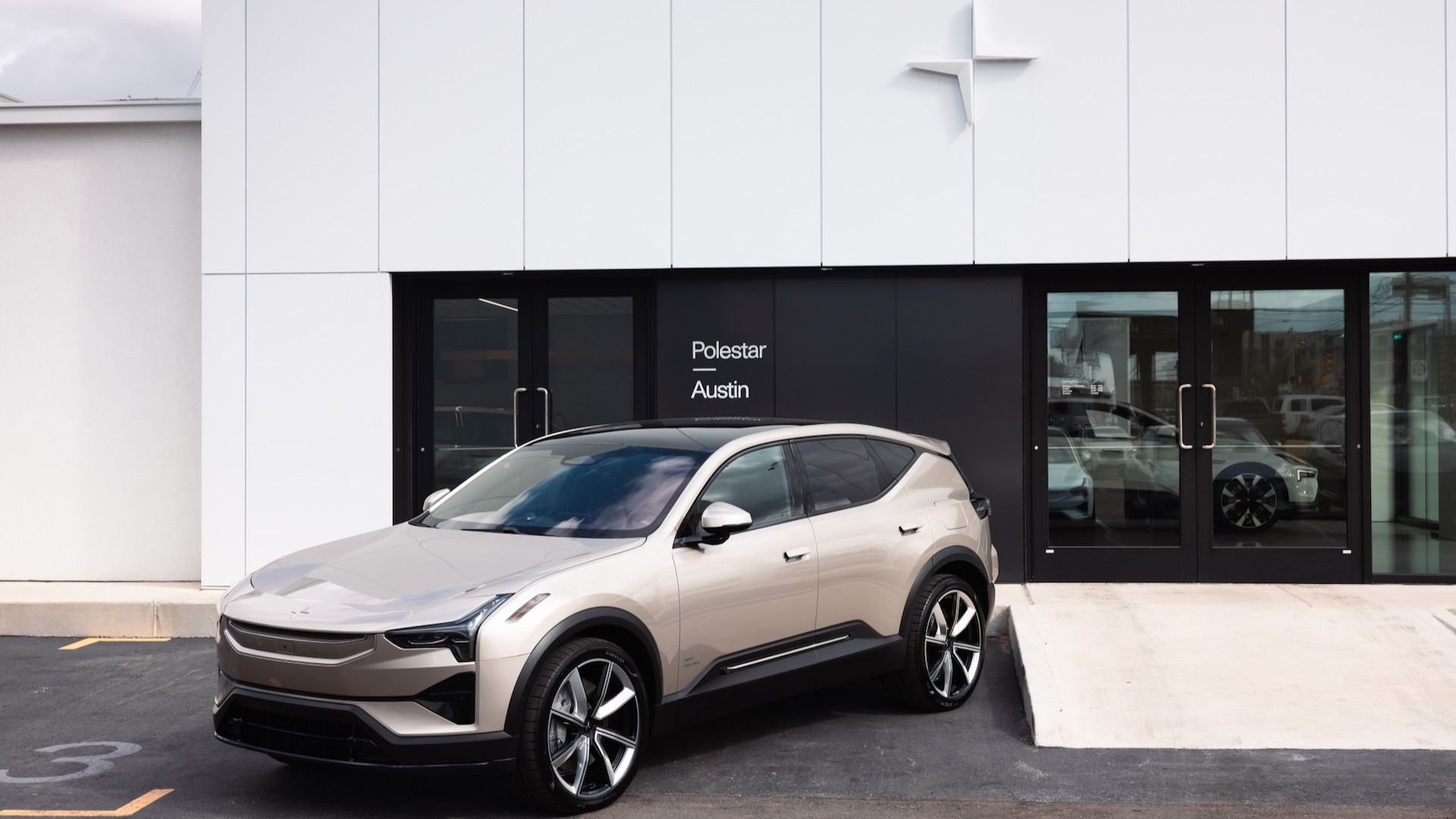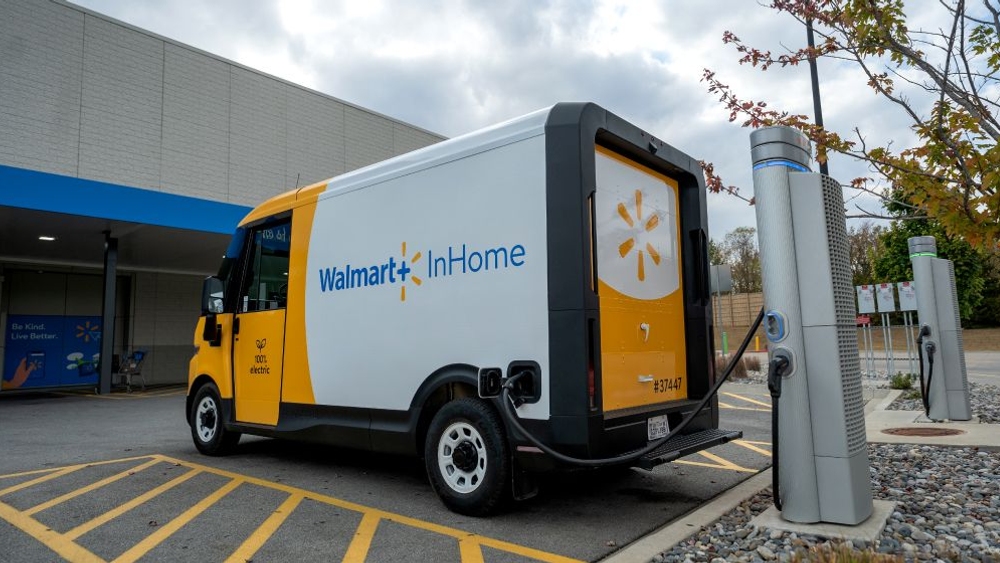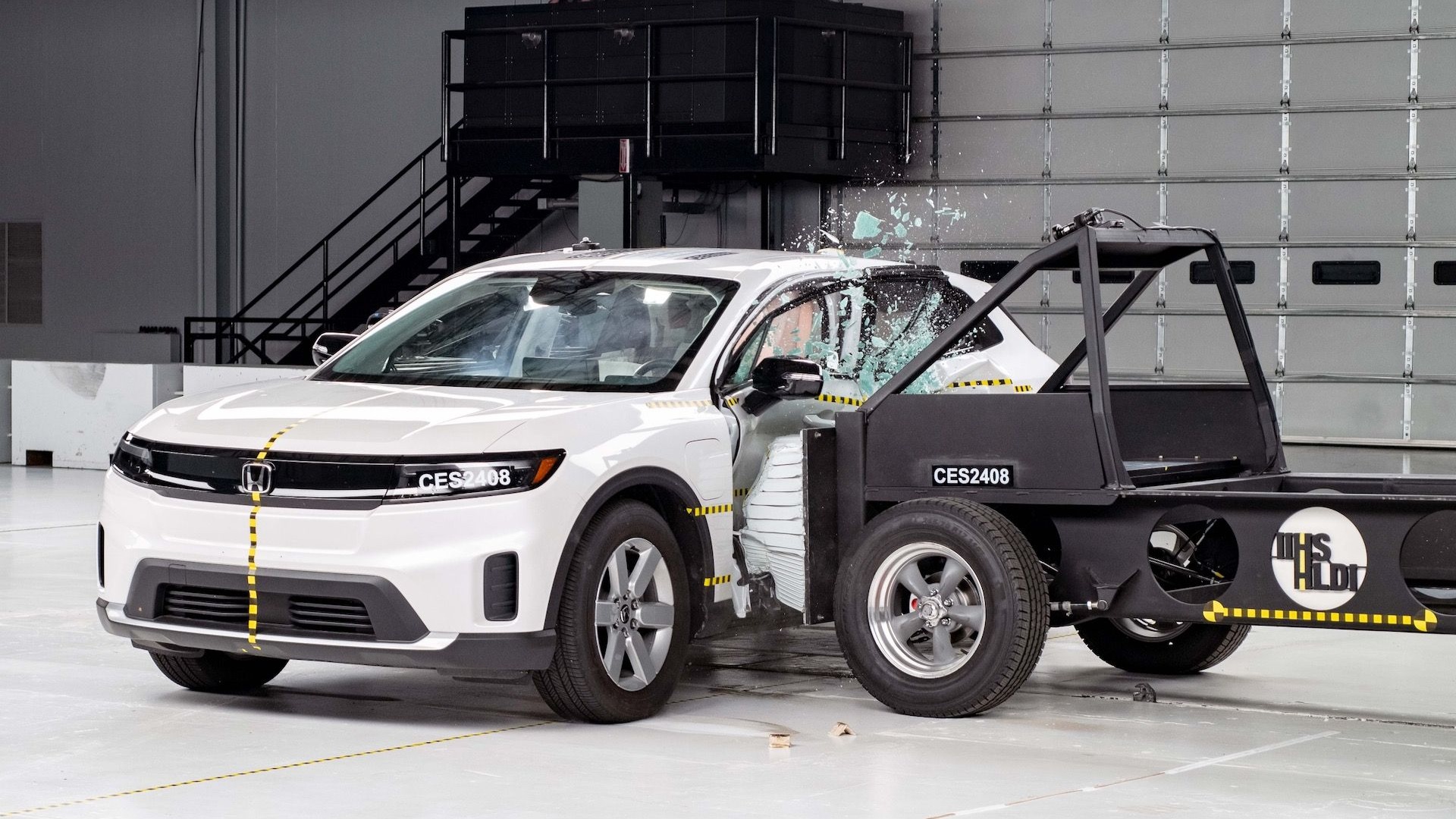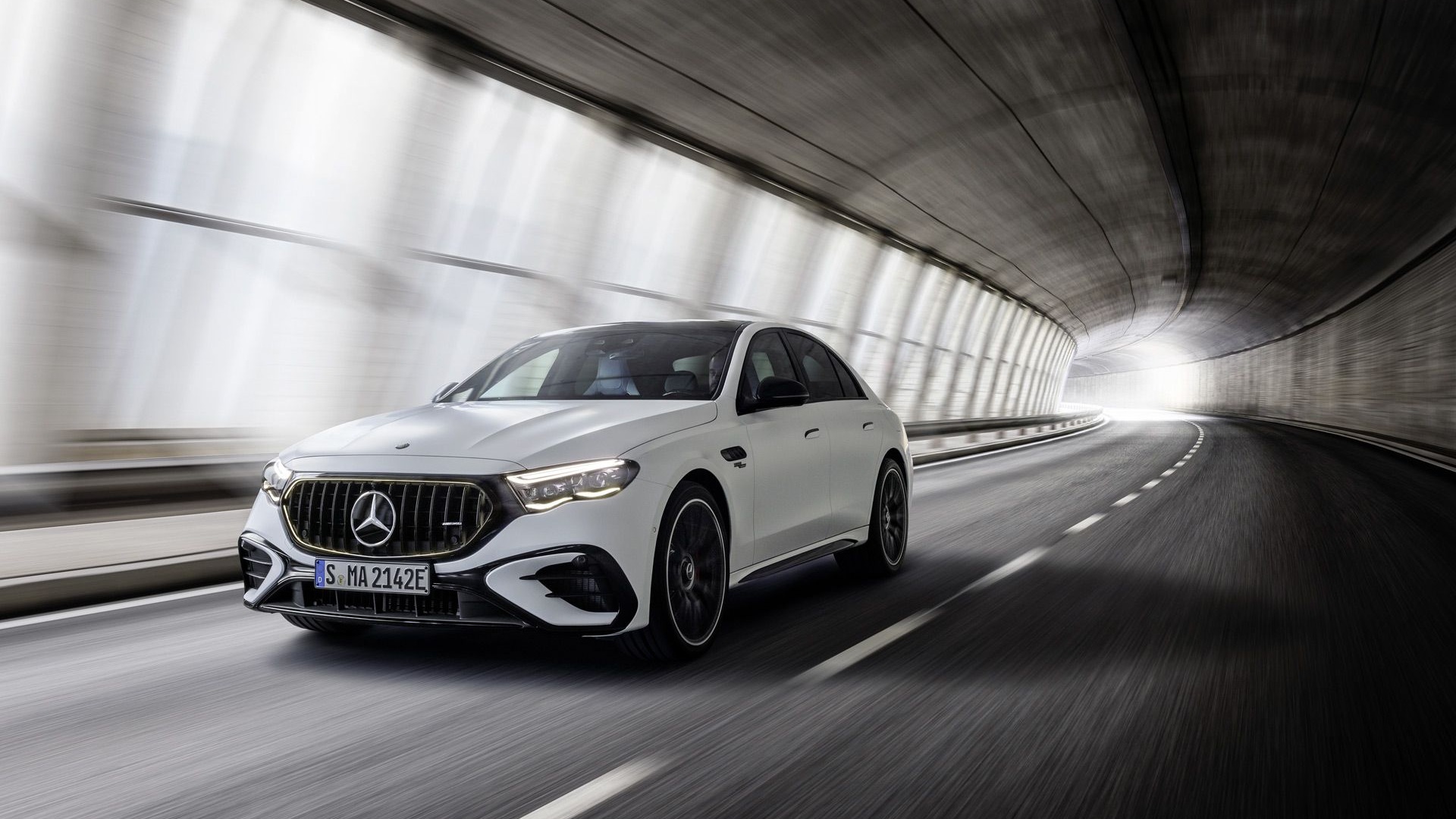Last month, regulators released a "Technical Assessment Report" on how well automakers have done thus far in meeting Corporate Average Fuel Economy (CAFE) standards.
The report indicated that carmakers might fall short of the goal of an average 54.5 mpg (or about 38 mpg on window stickers) for vehicles sold in the U.S. by 2025.
It found that carmakers are technologically capable of meeting the 54.5-mpg goal, but that a combination of low gas prices and high SUV sales might cause them to miss the mark.
DON'T MISS: Battle over CAFE standards begins now: will they change for 2022-2025?
The report set the stage for what will likely be a huge battle over whether CAFE standards for 2022-2025 should be lowered.
That battle will ultimately lead to a relaxation of CAFE standards after 2020, says energy analyst Michael Lynch in a recent Forbes piece.
CAFE standards were politically attractive when high gas prices drove many consumers for more fuel-efficient cars anyway, Lynch argues.
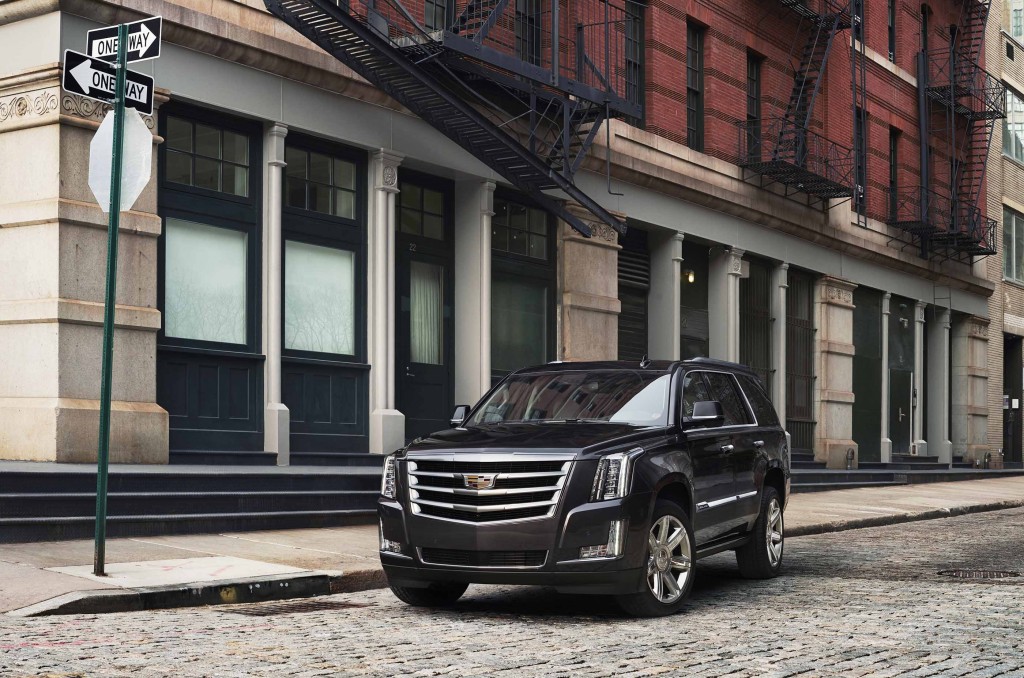
2017 Cadillac Escalade
But that is no longer the case, he suggests, now that there is a split between consumer demand for SUVs and the need for automakers to build efficiency-focused cars to meet the standards.
He also argues that the standards put U.S. carmakers—with their lineups of large SUVs and pickup trucks—at a disadvantage, and that the country's politicians will want to lower the CAFE bar to protect them.
ALSO SEE: Automaker lobbyist group predicts doom, gloom over CAFE
So far, though, the U.S. Environmental Protection Agency (EPA) is standing its ground on CAFE.
At the recent CAR Management Briefing Seminars in Traverse City, Michigan,Christopher Grundler—director of the Office of Transportation and Air Quality at the EPA—said the standards won't force carmakers to build vehicles consumers don't want, calling that notion "wrong."

Mopar ’16 Ram 1500 Rebel
In addition, in order to meet carbon-reduction targets for the global climate agreement signed in Paris last year, the EPA may need to enact tougher standards beyond 2025, Grundler said in a recent interview with Bloomberg.
Grundler said these goals might not be met solely by more-efficient cars, but also by the deployment of self-driving cars, and decreased car ownership by Millennials.
MORE: 1 in 6 cars sold in 2020 must be electric to meet fuel-economy rules: study
The EPA maintains that carmakers still have the technology to meet the 54.5-mpg standard for 2025.
But automakers are likely to continue to fight to get the standards lowered, using what they claim is consumer disinterest in more-efficient vehicles as an argument.
_______________________________________________
